Israel delays approval of massive settlement project amid Palestinian, international outcry
An Israeli planning committee has delayed granting further approval to the construction of 9,000 settlement units north of the occupied al-Quds in the wake of an outcry from the Palestinians and the international community over the project.
Israel’s Jerusalem District Planning Committee on Monday claimed that the delay in the four new settlement projects was due to a survey ordered to be conducted first to determine the environmental impact of the major project, a process that will likely take months, if not a year, to conclude.
The proposal for the construction of thousands of settler units for ultra-Orthodox Jews on the grounds of the disused Atarot airport in the occupied East al-Quds had received preliminary approval on November 24 by al-Quds municipal committee.
Critics believe the proposed construction of such a huge number of settler units between East al-Quds and the Palestinian city of Ramallah in the occupied West Bank will further dim any hopes for a future Palestinian state.
The delay came just a day after Israeli transportation minister, Miri Regev, approved the four new settlement projects in the West Bank.
The settlement expansion plan in Atarot was drawn up several years ago. However, it had been frozen on more than one occasion due to international political pressure rejecting the construction of settlements in the territories occupied in 1967. The plan resurfaced in February, when Israel’s transport ministry approved a controversial proposal to extend a train line from Tel Aviv into the occupied Old City of East al-Quds.
More than 600,000 Israelis live in over 230 settlements built since the 1967 Israeli occupation of the Palestinian territories of the West Bank and East al-Quds.
Emboldened by US President Donald Trump’s all-out support, Israel has stepped up its settlement construction activities in defiance of United Nations Security Council Resolution 2334, which pronounced settlements in the West Bank and East al-Quds “a flagrant violation under international law.”
Much of the international community regards the Israeli settler units in the occupied lands as illegal.
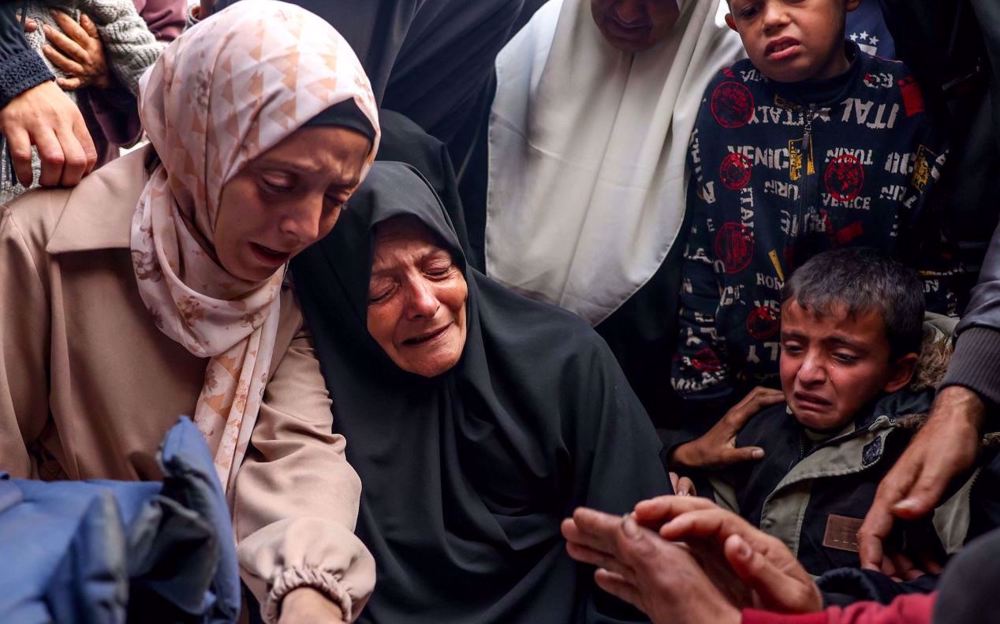
Spain, Norway condemn Trump’s scheme to expel Palestinians from Gaza
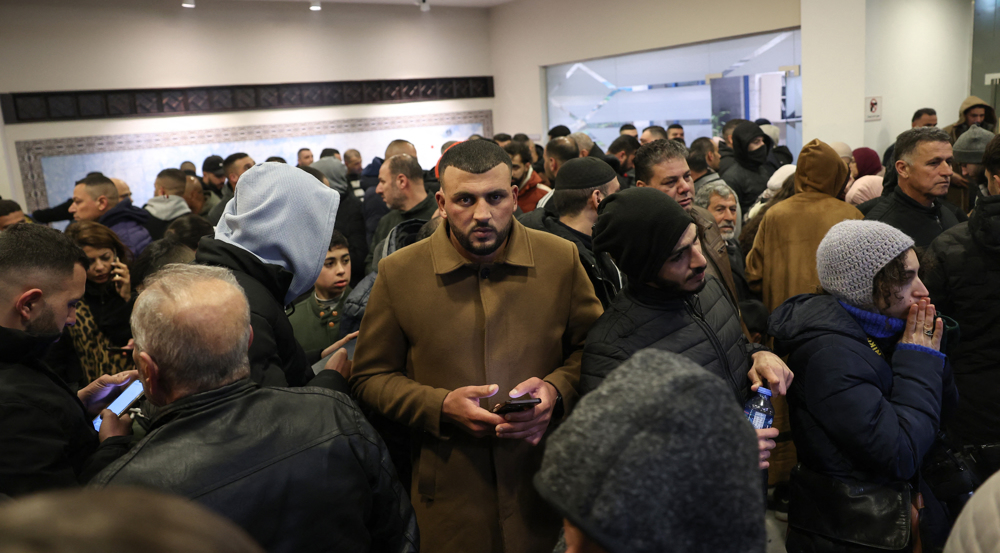
Hamas slams Israel’s ‘flimsy’ excuses for delaying abductees’ release
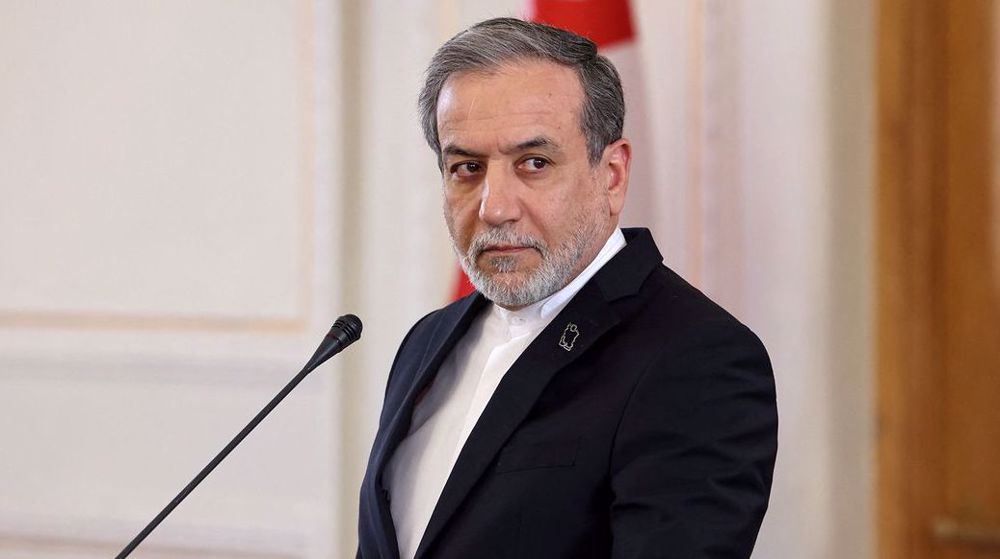
Iran urges speeding up of legal processing of Israel’s genocide, war crime cases
Netanyahu: Israel won't allow Hayat Tahrir al-Sham forces in southern Syria
Hezbollah leaders’ historic funeral showed resistance strength: Islamic Jihad
Iran reports surge in air traffic as Austrian, Lufthansa resume flights
VIDEO | South Africans set to lobby government to isolate Israel
IRGC chief: Nasrallah decisive figure in regional equations with global dimensions
VIDEO | Press TV's News Headlines
Netanyahu's son 'exiled abroad for hitting his father': Knesset member
Iran money supply up 28.4% y/y in late January: CBI


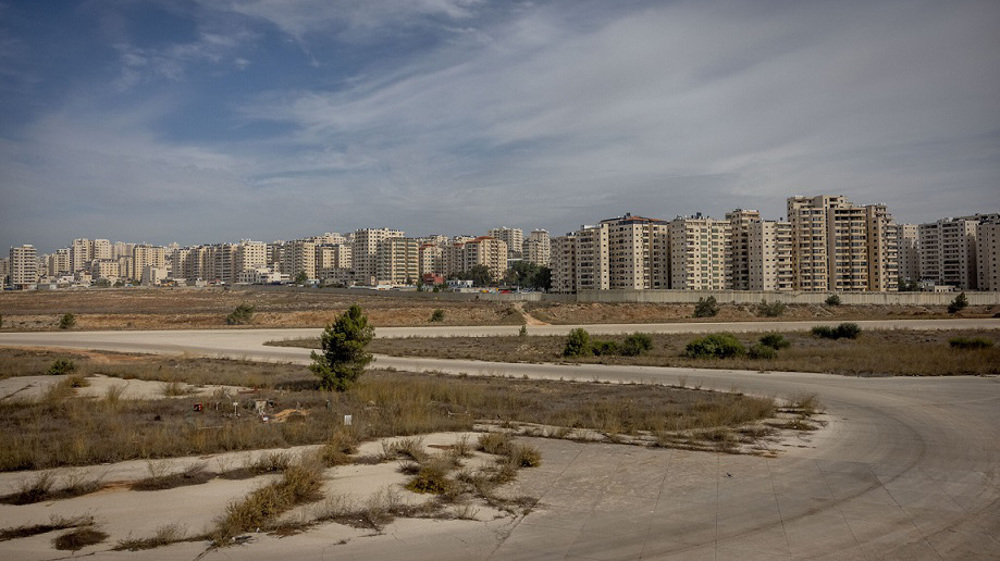
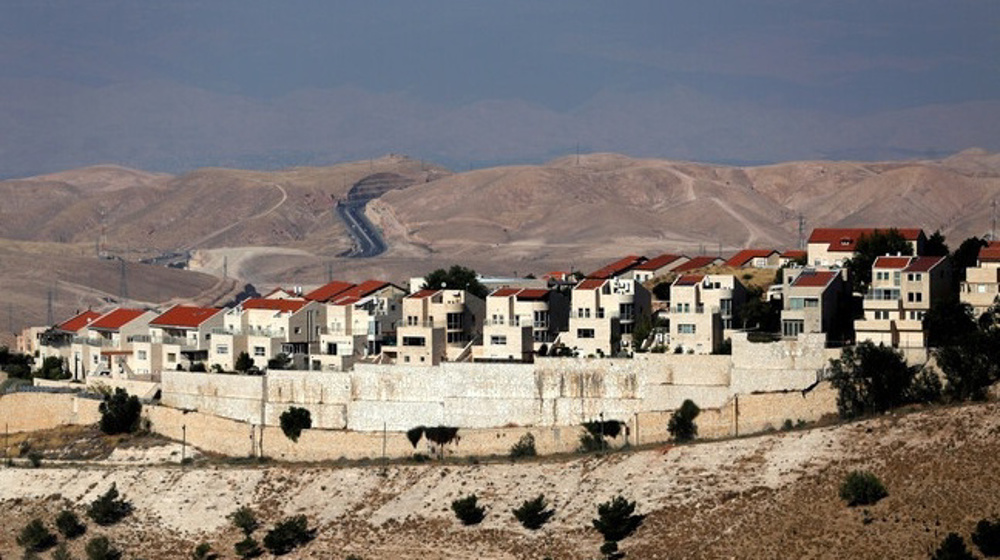




 This makes it easy to access the Press TV website
This makes it easy to access the Press TV website